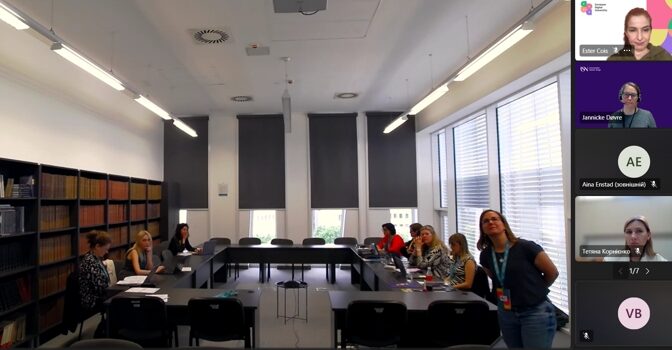Special attention was given to opportunities for supporting early-career researchers through scholarship programs, mentorship in grant proposal preparation, and the establishment of partnership networks with international universities and research centers. A comprehensive approach to assistance at all stages — from proposal development to post-award project management — was presented, including budget planning consultations, legal support, coordination with donors, and project implementation monitoring.
A separate session was devoted to supporting startup initiatives among researchers and graduates, particularly through access to incubators, mentorship programs, business development training, and opportunities for seed funding. A key topic was the implementation of the principles of the CoARA (Coalition for Advancing Research Assessment) initiative, which promotes the personal growth of researchers and shifts evaluation practices toward fairer and more multidimensional criteria, emphasizing real contributions to science and society rather than purely on publication metrics.
The second day of the workshop was dedicated to presenting the main principles of good practices in researcher support, discussing the role of human resources policies in developing academic talent, analyzing approaches to research advisory services, reviewing entrepreneurship development programs, and introducing measures to ensure equal opportunities in science and business.
The event concluded with a working session of the CDEG partners, during which the results of the discussions were summarized, the next steps for implementing good practices within the EDUC-WIDE project were agreed upon, and priorities for future cooperation were set.



